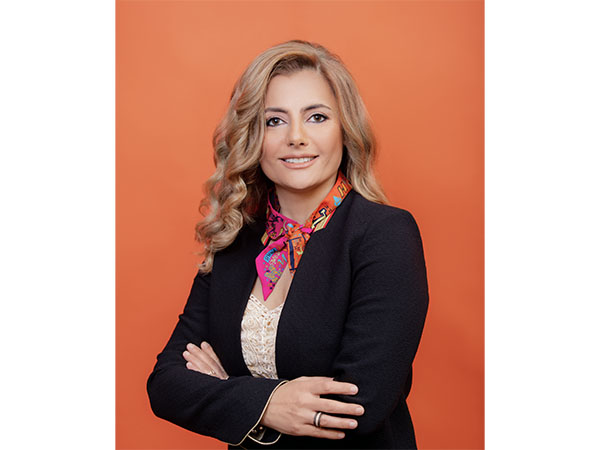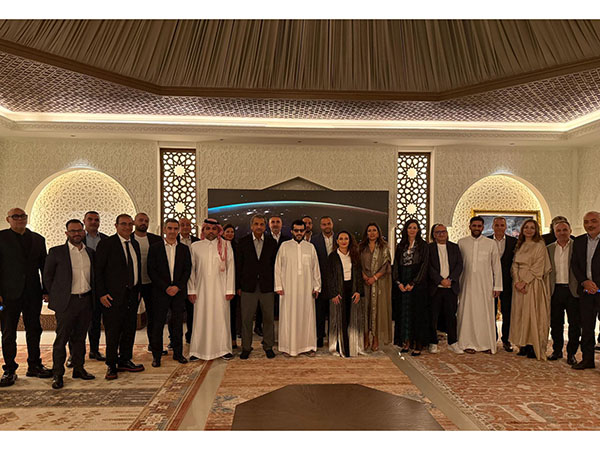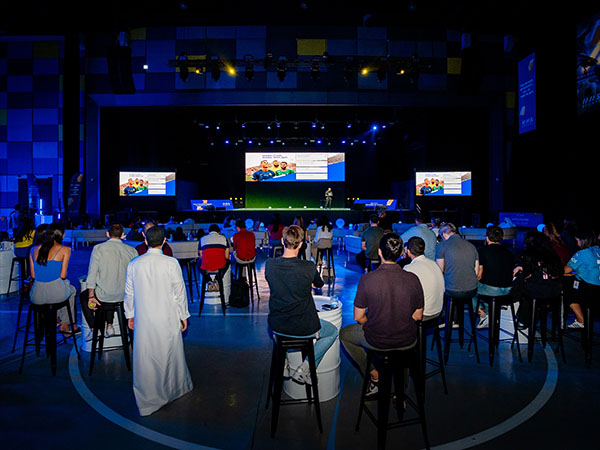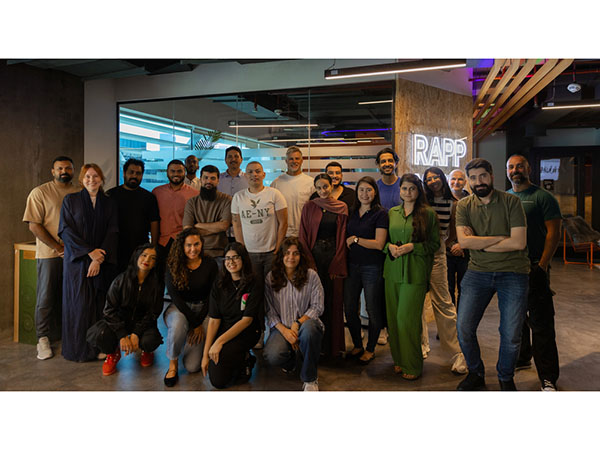News - News In Brief
PMI Pulse of the Profession 2021 Report Uncovers Benefits of Organizational Agility During Times of Great Change
July 2, 2021
Project Management Institute (PMI), the global association for project professionals and changemakers, released its annual Pulse of the Profession® report.
Although organisations went through significant disruption in the past year, and many projects were put on hold, the report found that organisations in the MENA region were able to rise to the challenge. In fact, of those projects that did forge ahead, 72% met original goals and business intent. 61% were completed within budget, and 51% on time.
Respondents were asked to characterise their organisation’s approach to ways of working, and nearly a third (32%) said that all possible methods were primarily or exclusively used to solve problems. This is a characteristic of a "gymnastic enterprise.” As outlined in the research, it takes much resilience for enterprises to navigate the disruption, but the following typical labor framework demands even more. Pulse shows gymnastic enterprises are leading the way by developing a range of value delivering capabilities. For gymnastic enterprises across MENA, this meant using various project management approaches and developing a holistic portfolio of skills.
“According to our Pulse of the Profession 2021 report, gymnastic enterprises have shown great resilience and are flourishing in The Project Economy, having provided their people with the tools and resources to tailor their ways of working, and leaving them empowered,” said Grace Najjar, Managing Director of PMI MENA. “By encouraging employees to build the business and technical acumen, work smarter, and improving their power skills, gymnastic organisations are delivering outstanding results despite the challenges they are facing in our current times.”
The report demonstrates how gymnastic enterprises were able to reap success and nimbly shift compared to traditional enterprises. And they are doing so by enabling their people to work smarter through mastery of new skills.
Gymnastic enterprises are also taking a more balanced approach to managing projects than traditional enterprises globally and across MENA. They tailor their strategy respective to the project at hand by adapting the specifications and requirements of the project to the current needs of the operation. As a result, Pulse found that Gymnastic enterprises are more likely than traditional enterprises to complete projects using agile (28 percent versus 22 percent) and hybrid (24 percent versus 16 percent) approach and less likely to complete projects using waterfall (45 percent versus 59 percent). However, this does not mean refraining from waterfall approaches, but rather ensuring that team’s control and govern the use of the project and deliverables appropriately to work in the project deployment.
“Today, cross-sectoral collaboration is key to help unlock the potential of innovative transformations and sustainable developments, and through building capacities, the public-private sectors in the MENA region are contributing towards a thriving society,” Grace Najjar added.
Compared to traditional enterprises, gymnastic enterprises place greater emphasis on the development of data science skills (39 % gymnastic versus 24 % traditional) and knowledge about how different areas of a business work together (44 % gymnastic versus 25 % traditional) among their talent. However, despite the emphasis on the technical and business acumen skills and knowing how the different parts of the industry work together, gymnastic enterprises in MENA, like their global counterparts, also highlight collaborative leadership and adopt a holistic portfolio of skills that will allow their people to work smarter and drive change.
By enabling their people to become changemakers, gymnastic enterprises are better able to sense and respond to shocks, drive change, and face the future, knowing that they have the mindset, skills, and tools that it takes to win. These findings attest to just how important it is for organizations to adopt these approaches.
The 2021 edition of Pulse comprised an online survey of project professionals conducted in October and November 2020. A total of 397 respondents representing a range of industries in the MENA region in KSA, UAE, Qatar, Egypt, Iran, Kuwait, Oman, Lebanon, Bahrain, Jordan, Morocco, Iraq, and Tunisia were surveyed. The survey was also supplemented by in-depth interviews spanning a wide range of industries and regions.











